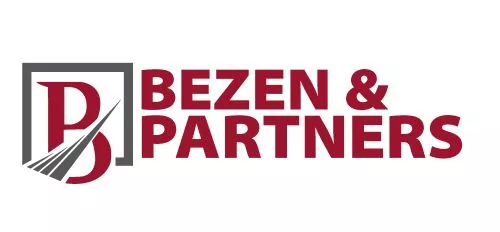Sukuk are Islamic investment certificates which entitle investors to an economic interest in the underlying assets supporting the issuance.
Sukuk (lease certificates) practice in Turkey
Lease certificates are currently regulated under the Communiqué on Lease Certificates (no. III-61) (the "Communiqué"). The Communiqué describes lease certificates as securities issued to finance an asset and which carry a right to receive a proportional share of the future income generated by that asset. Lease certificates can only be issued by special purpose asset lease vehicles which are subject to regulation and oversight as capital markets institutions.
A brief look at the different types of lease certificates addressed under the Communiqué follows:
- Ownership-Based Lease Certificates
Ownership-based lease certificates are based on Ijara, the Islamic parallel to a conventional finance lease. Under an ownership-based lease certificate issuance, the originator would sell certain assets to the issuer for a pre-agreed purchase price which the issuer would finance by issuing Sukuk. The assets would then be leased back to the originator (or, to a third party) or otherwise managed for the benefit of the issuer and all associated proceeds would be distributed to Sukukholders.
- Management Agreement-Based Lease Certificates
Management agreement-based lease certificates are based on Musharaka, meaning partnership. Under a management agreement-based lease certificate issuance, the originator would agree to manage certain assets for the benefit of the issuer for a period equal to the term of the Sukuk. All proceeds generated by the underlying assets supporting the issuance would be distributed to the Sukukholders.
- Sale and Purchase-Based Lease Certificates
Sale and purchase-based lease certificates are based on Murabaha which is the sale of assets on a deferred payment or instalment basis. Under a sale and purchase-based lease certificate issuance, the asset lease company would issue Sukuk to finance its acquisition of eligible assets and subsequently sell them to the originator for cost plus a pre-agreed profit on a deferred payment basis. All payments made by the originator under the deferred sale and purchase arrangement would be distributed to Sukukholders.
- Partnership-Based Lease Certificates
Partnership-based lease certificates are based on Mudaraba, a joint-venture arrangement where partners consolidate capital and managerial skills to develop a project. Under a partnership-based lease certificate issuance, the issuer would issue Sukuk and contribute the proceeds to the joint venture and the sponsors would contribute managerial skills, or alternatively, capital. The project would be managed by the sponsors or a third party appointed by the sponsors and all proceeds would be distributed between the partners in agreed proportions.
- Construction Contract-Based Lease Certificates
Construction contract-based lease certificates are based on Istisna which is a manufacturing or construction contract. Under a construction contract-based lease certificate issuance, the issuer would issue Sukuk to finance the construction or manufacture of an asset as employer on behalf of Sukukholders. Upon completion, the issuer would either rent or directly sell the asset and distribute associated proceeds to Sukukholders.
Conclusion
Equipped with the political drive to foster diversity in interest-free financial products, Turkey has already taken strong steps towards a strong presence in the global Sukuk market, including comprehensive legislative reforms effected in 2016 and international cooperation arrangements between market institutions of which the memorandum of understanding of strategic cooperation between the Istanbul Exchange and the Islamic Development Bank is one example. Moreover, the recently established Turkish Sovereign Wealth Fund has expressed intentions to explore securitisation and capital markets issuances to raise financing, in which Sukuk will surely be a strong candidate. In this landscape, the market is sure to see more Turkish Sukuk in the near future
The content of this article is intended to provide a general guide to the subject matter. Specialist advice should be sought about your specific circumstances.



